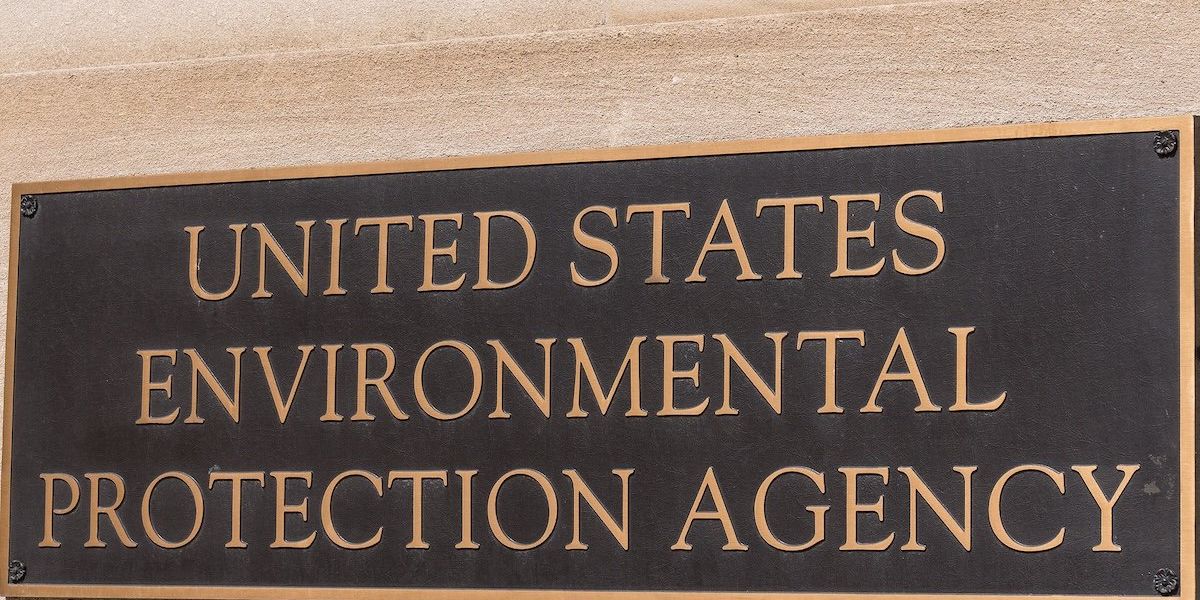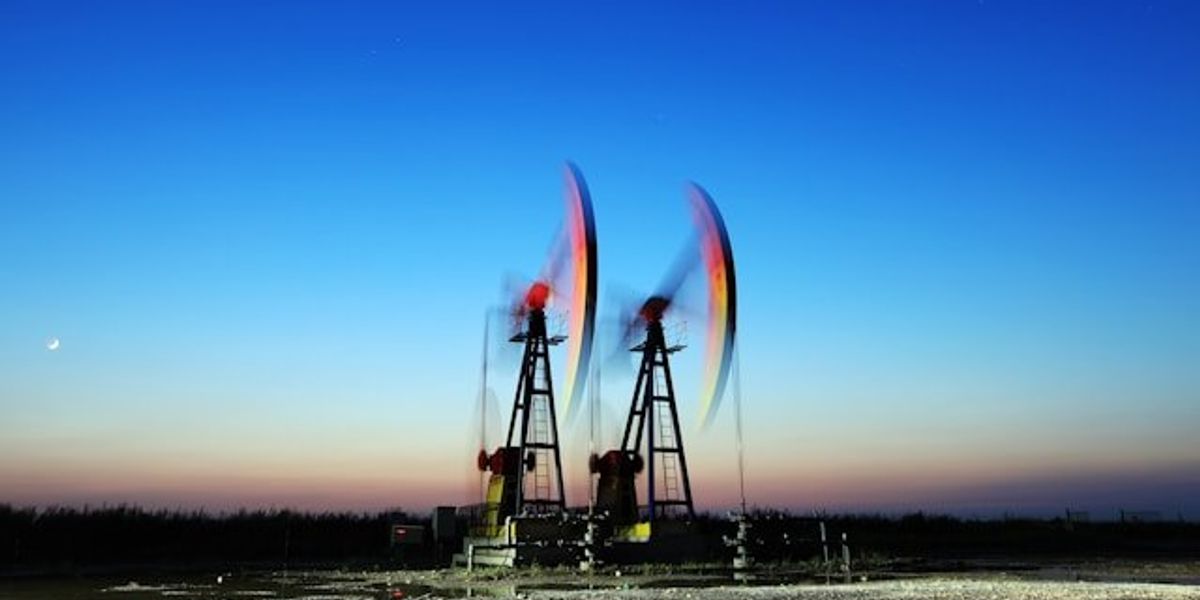mississippi
Mississippi limits discussion at solar summit as renewable energy advocates silenced
At a solar summit in Mississippi, renewable energy advocates were denied a chance to respond to regulators’ questions, sparking frustration among industry supporters.
In short:
- Mississippi Public Service Commission officials cut off comments from solar advocates during an open discussion at a recent summit.
- The event featured a speaker from a fossil fuel-backed think tank, while the clean energy industry had no official representation.
- Mississippi ranks low in solar energy production despite its high potential, generating less than 1% of its energy from solar.
Key quote:
“We want to hear from people who are not selling solar panels.”
— De’Keither Stamps, Mississippi Public Service Central District Commissioner
Why this matters:
Mississippi’s actions could further slow the adoption of renewable energy in one of the sunniest states. As climate concerns mount, stalling clean energy progress undermines national and global efforts to reduce carbon emissions.
Related:
Top Mississippi Republicans support new EV battery plant despite Trump’s criticism
Mississippi’s leading Republicans celebrated the groundbreaking of a $1.9 billion electric vehicle battery plant, creating 2,000 high-paying jobs, while former President Trump criticized such green jobs as benefiting China.
In short:
- Gov. Tate Reeves and Sen. Cindy Hyde-Smith celebrated the new electric vehicle battery plant in Marshall County.
- The plant, funded by the Inflation Reduction Act, contradicts Trump's stance against green jobs.
- Hyde-Smith opposed the Act but supports the plant, which receives $350 million in state incentives.
Key quote:
"Today we broke ground on a project of record proportions — the single largest payroll commitment in Mississippi’s entire history, and the third largest economic development project in Mississippi’s entire history."
— Tate Reeves, Governor of Mississippi
Why this matters:
This plant represents a significant economic boost for Mississippi, highlighting the complex political landscape where local benefits clash with national partisan positions. Former President Donald Trump criticized the move, arguing that such green jobs ultimately benefit China, given the global supply chain for key materials.
Biden aims to revive Mississippi River transport to reduce emissions
President Biden plans to modernize Mississippi River transport with $2.5 billion to cut emissions, but environmentalists raise concerns.
In short:
- Biden's administration has allocated $2.5 billion from the bipartisan infrastructure law to upgrade river transportation.
- Transporting goods via barge uses significantly less fossil fuel compared to trucks and trains, potentially lowering greenhouse gas emissions.
- Environmentalists warn that river infrastructure projects may harm fish and wildlife and dispute the efficiency claims of river transport over other methods.
Key quote:
“There is a lot of myth around inland navigation, a lot of romanticism, that really doesn’t bear out.”
— Olivia Dorothy, restoration director, American Rivers
Why this matters:
Transporting goods via barge offers a greener alternative to traditional methods like trucking and rail. Barges consume significantly less fossil fuel, which could lead to a substantial reduction in greenhouse gas emissions. This efficiency makes river transport a seemingly attractive option in the fight against climate change, aligning with the administration's broader environmental goals
New Orleans declares emergency over saltwater intrusion in drinking water
New Orleans mayor LaToya Cantrell signed an emergency declaration for the city last week amid concerns about saltwater from the the Gulf of Mexico that has been creeping up the drought-hit Mississippi River in Louisiana.
A Mississippi community takes on a U.K. energy giant over pollution concerns
Drax Group has been the subject of yearslong efforts by local residents, environmentalists and state regulators to rein in emissions from its Gloster wood pellet plant. Some are running out of patience, reports Nidhi Sharma for NBC News.
In a nutshell:
Residents of Gloster, a majority-Black community in southwest Mississippi, are engaged in an ongoing battle against Drax Group, a U.K.-based energy company operating a wood pellet production plant in the town. The residents' concerns revolve around deteriorating air quality and health issues, prompting demands for action. Drax's facility is part of the wood pellet manufacturing hub in the South, which supplies biomass fuels to European countries, even as the biomass industry faces increasing scrutiny for its potential contribution to carbon emissions.
Key quotes:
“They claim to be the good guys, but the industry is one of the most polluting and most damaging to the environment and to communities,” Robert Musil, president and CEO of the Rachel Carson Council said.
The big picture:
Wood pellet production can result in adverse health impacts by emitting hazardous air pollutants and volatile organic compounds during the manufacturing process. These pollutants, which include chemicals with carcinogenic properties and those that can damage vital organs, can be inhaled by those living in nearby communities, leading to respiratory problems, cardiovascular issues, and other adverse health effects.
Read the article at NBC News.
In 2020, Danielle Purifoy wrote that the expanding wood pellet market in the Southeast has fallen short of climate and job goals—instead bringing air pollution, noise and reduced biodiversity in majority Black communities.
A pipeline rupture in Satartia, Mississippi has lessons for future CO2 projects
Scientists find link between climate change and extreme tornadoes
A recent study is disrupting the conventional wisdom that there is no connection between climate change and deadly tornadoes, such as the ones that tore through Mississippi over the weekend.



















